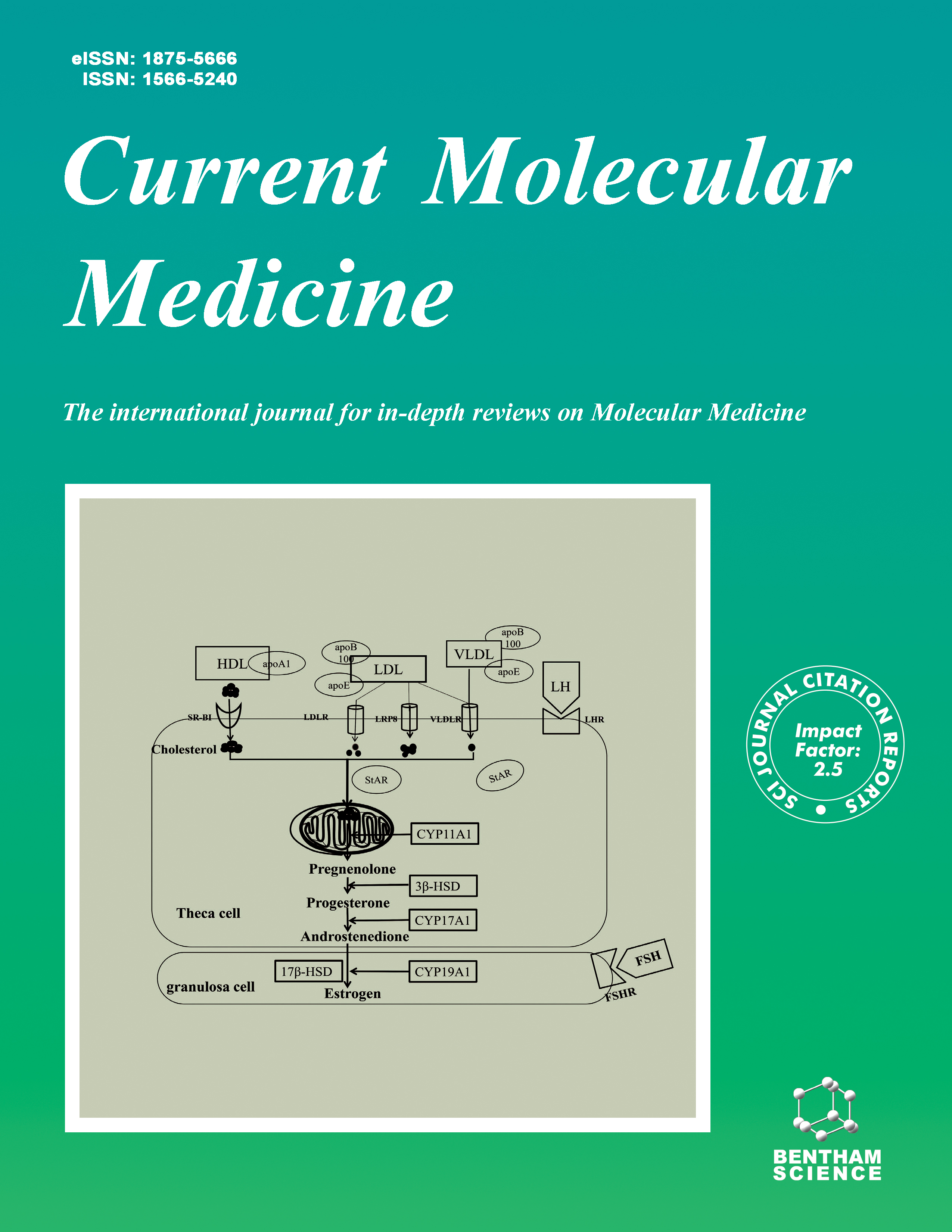-
s Effects of Follicular Helper T Cells and Inflammatory Cytokines on Myasthenia Gravis
- Source: Current Molecular Medicine, Volume 19, Issue 10, Dec 2019, p. 739 - 745
-
- 01 Dec 2019
Abstract
Background: Myasthenia gravis (MG) is an autoimmune disorder mediated by antibodies against the acetylcholine receptors (AChR) of the skeletal muscles. An imbalance in various T helper (Th) cells, including Th1, Th2, Th17, Th22 and follicular helper T (TFH) cells, has been found associated with immunological disturbances. Objective: In this study, we aim to investigate the role of the Th cells in peripheral blood of MG patients. Materials and Methods: A total of 33 MG patients and 34 age matched controls were enrolled in this study. Peripheral blood mononuclear cells (PBMCs) were isolated using Ficoll-Paque density gradient centrifugation assay. The proportion of TFH cells in PBMC were analyzed using flow-cytometry assay by determining the levels of cellular markers CD4, CXCR5, CD45RO, CD45RA and ICOS and PD-1. The levels of IFN-γ, IL-4, IL-17 and IL-21 in serum were analyzed by Cytometric Bead Array. The serum IL-22 level was analyzed by ELISA. Results: The frequency of TFH cells in PBMCs was higher than those in healthy subjects and correlated to the severity of MG patients. The levels of pro-inflammatory cytokines IFN-γ, IL-17 and IL-21 were elevated in the serum of MG patients, while there were no significant differences regarding the levels of IL-4 and IL-22 between MG patients and control subjects. Conclusion: Our findings suggest that Th cells and their cytokines balance of MG patients are involved in the clinical condition or severity of MG disease.


